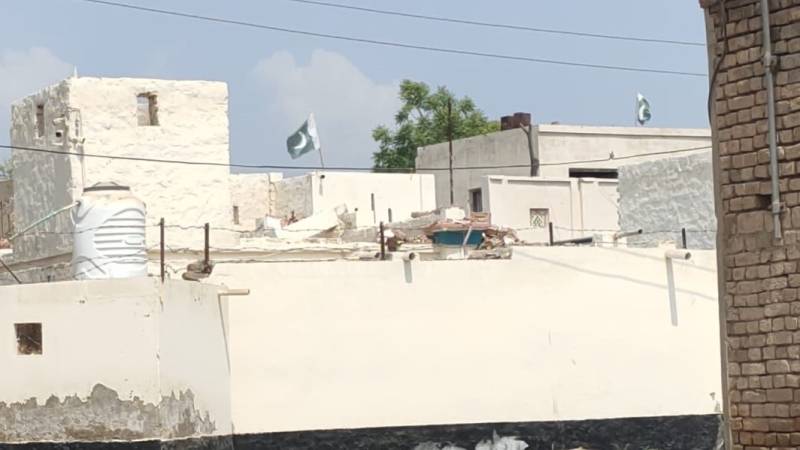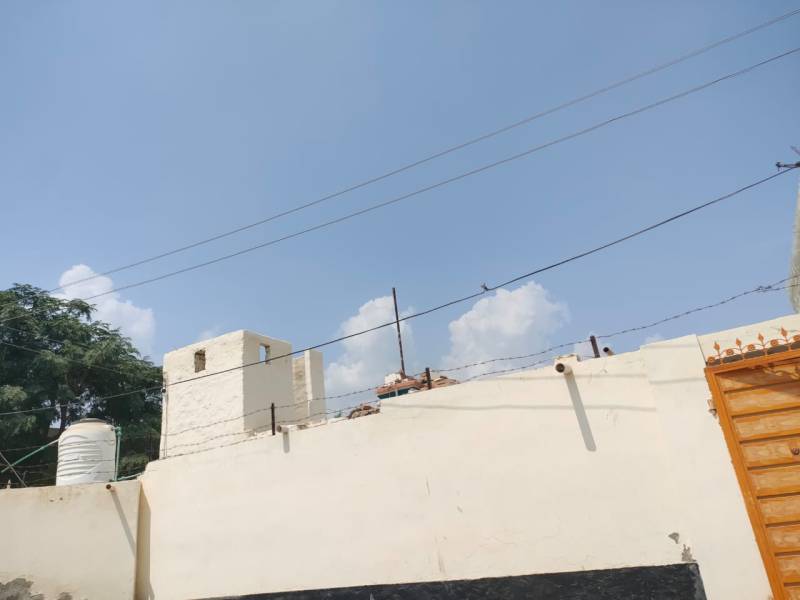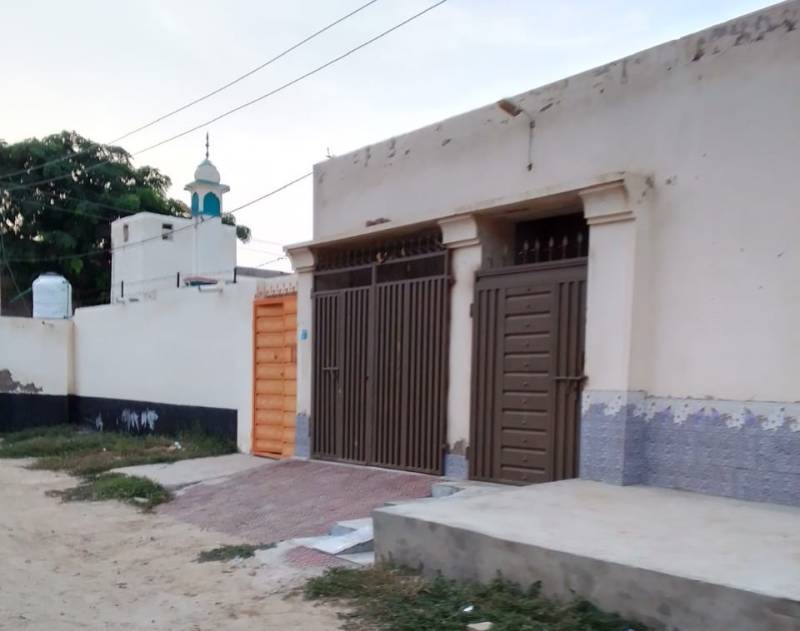
Members of an extremist group attacked and desecrated the places of worship belonging to the Ahmadiyya Community at multiple localities in Punjab over the past three days, community members shared.
In accounts, pictures and videos shared by community members, worship places in Bahawalpur, Sheikhupura and Bahwalnagar were assaulted.
The first attack came in Bahawalpur, where some Tehreek-e-Labbaik Pakistan (TLP) members attacked a worship place in Chak 183 Murad on Wednesday, September 13.
The assailants scaled the building and demolished the minarets atop.
Similarly, the following day, on Thursday, September 14, an Ahmadi worship place in Narang Mandi in Sheikhupura was attacked.
On Friday, the assailants scaled the worship place located in Chak 168 Murad in Bahawalnagar and desecrated the minarets.

The police, the community complained, did nothing to prevent the incident.
The community claimed that the extremists planned to target a worship place in the Kirto area of Sheikhupura.
All of these places, except the site attacked in Bahawalpur, are relatively close to the Indian border, with Narang Mandi the closest to the border, with the closest point between Narang Mandi and the border measuring just eight kilometres.
The three localities targeted have Multan and Faisalabad as the closest major cities, with a diameter of 388 kilometres.
Community members stated that such incidents create a hostile environment for Ahmadis living in Pakistan, who are denied their basic rights of liberty to life, property and religion as equal citizens.
"The agony is that the police have been at the forefront of committing these acts, or they are the ones forcing the Ahmadis to do this," a community member stated, adding that the state is nowhere to be seen while the police, instead of providing protection, has been acting as an aide to the extremist elements.
The community pointed out how, in a recent verdict, the Lahore High Court had ruled that those worship places where the minarets constructed atop Ahmadiyya Places of Worship before 1984, when the blasphemy laws were introduced, need no alteration as they are part of the architecture.

"The minarets of these Worship places have been there way before Ordinance XX of 1984," the community member said, lamenting that the court's order is not being followed.
The community member added that after the Jaranwala incident and in subsequent television interviews, Prime Minister Anwaarul Haq Kakar had assured that the state would protect the worship places of all citizens. But thus far, that promise has yet to materialise.

